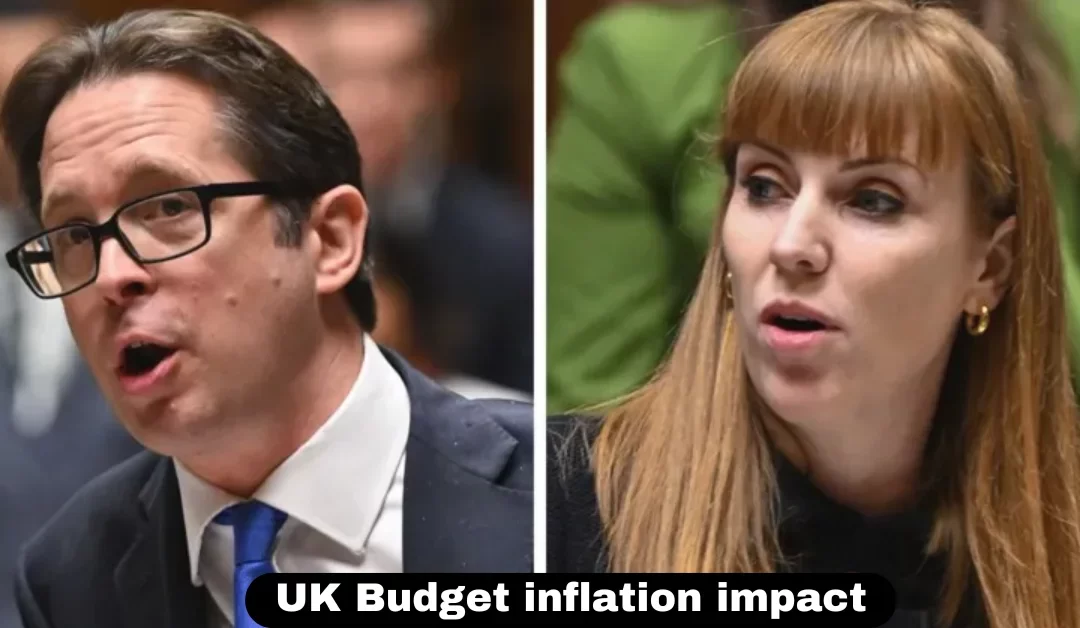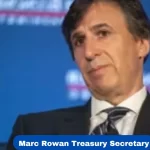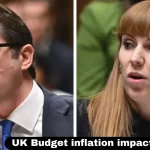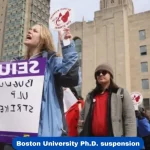Tories Criticize Government for Raising Inflation: A Clearer Look
The Conservative Party has accused the government of increasing inflation, claiming recent decisions are harming the economy and making life harder for ordinary citizens. This article simplifies the ongoing debate, breaks down key points, and highlights the implications for inflation, taxes, and pay rises.
UK Inflation Hits Six-Month High
Recent figures show that the UK inflation rate has risen to 2.3% in October, up from 1.7% in September. The main factor behind this increase is higher energy bills. Conservatives argue that the government’s actions, including agreeing to above-inflation pay rises for union workers and increasing public spending in the Budget, are fueling the problem.
Conservative Shadow Cabinet Office Minister Alex Burghart said:
“This government isn’t tackling inflation. It’s making it worse for working people.”
He also criticized the Office for Budget Responsibility (OBR) report, which predicts inflation could reach 3% next year.
Labour’s Defence: Fixing Past Mistakes
Deputy Prime Minister Angela Rayner defended the government’s policies, saying they are necessary to repair economic damage left by the previous Conservative government. She pointed out that inflation was 11.1% under Liz Truss’s leadership and that economic growth was stagnant.
Rayner emphasized:
- The government has taken “difficult decisions” to address a £22 billion financial gap.
- Investments made now will lead to long-term economic growth despite short-term inflationary effects.
Pay Rises and Budget Spending: The Debate
Labour’s decision to grant above-inflation pay increases to workers, including doctors and train drivers, has been a key point of contention. These agreements helped resolve long-running strikes but are now being blamed for higher inflation.
Additionally, the government’s recent Budget introduced £70 billion in extra annual spending. The OBR acknowledges this spending will contribute to inflation in the short term but argues it will also drive economic growth.
However, businesses warn they may need to increase prices to cover the higher taxes introduced in the Budget, potentially creating a ripple effect on inflation.
Inheritance Tax and Protests
Another controversial issue is the planned changes to inheritance tax for farming businesses. Starting in April 2026, inherited agricultural assets worth more than £1 million will face a 20% inheritance tax, though this is still half the standard rate.
Critics, including Burghart, have asked for guarantees that no further changes will be made to inheritance tax or property relief during this Parliament. The government reassures that the “vast majority” of estate owners will not be affected by these changes.
Conservatives vs Labour: The Political Blame Game
Conservatives argue that Labour’s policies lead to high inflation, high taxes, and low economic growth. Burghart labeled the situation “Starmerism,” claiming it burdens the public with financial strain.
In response, Rayner highlighted the Conservatives’ past failures, including economic stagnation and record-high inflation during their leadership
A Divided Path Ahead
The debate over inflation highlights the contrasting economic strategies of Labour and the Conservatives. While Labour defends its policies as essential for long-term growth and stability, the Conservatives believe these measures are exacerbating inflation and hurting ordinary people.
With predictions of inflation potentially rising further, the government’s ability to balance economic growth with public welfare will remain a critical issue.































